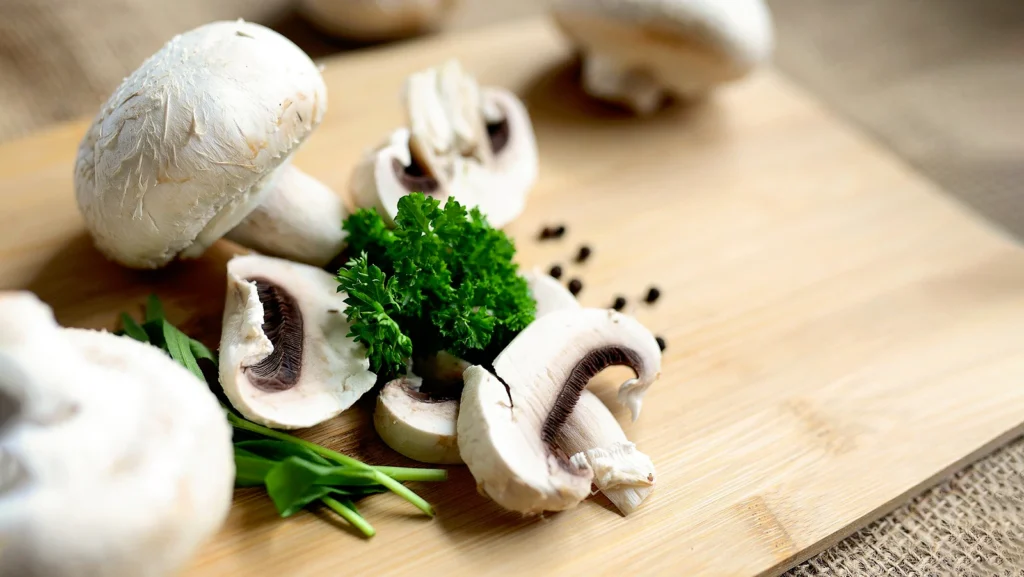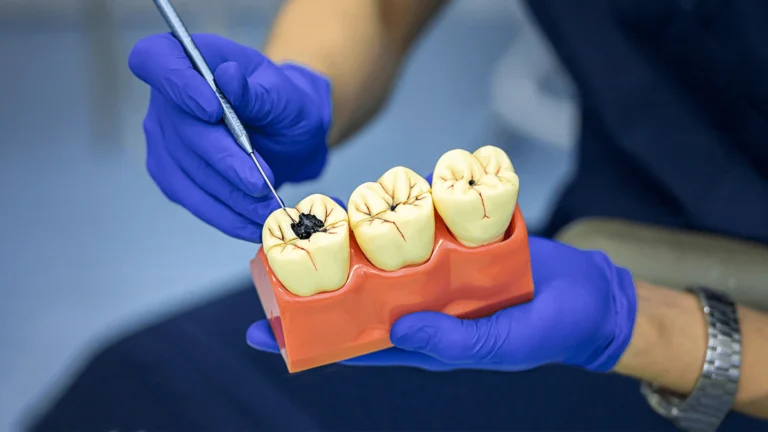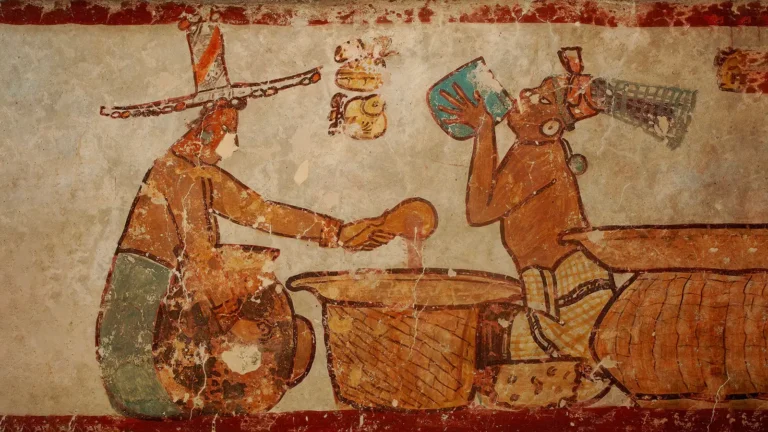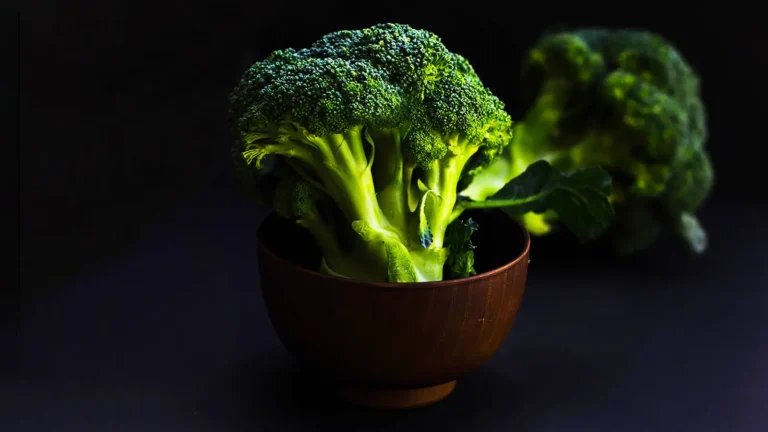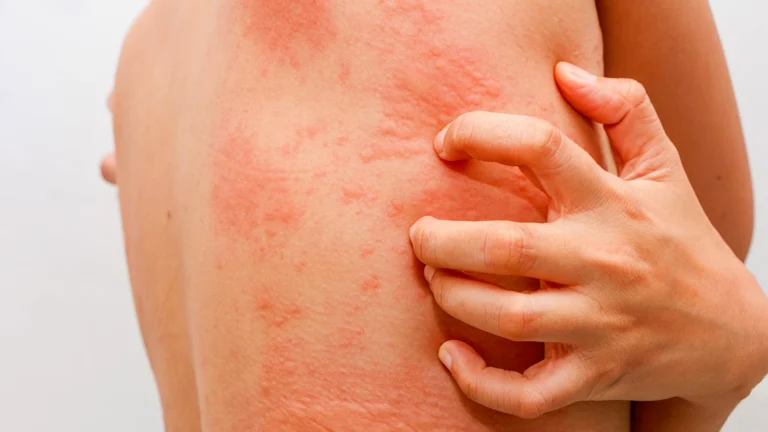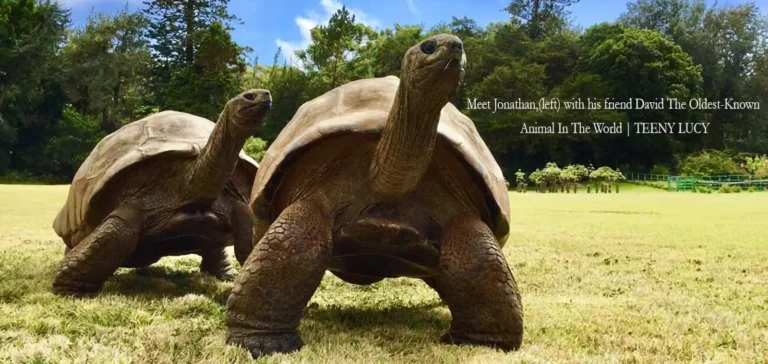О нас
Цель GoVeganWay - донести до вас и вашего врача последние исследования в области диетологии. Цель GoVeganWay - представить научно обоснованные исследования в области здравоохранения в понятной форме, чтобы мы все могли извлечь пользу из имеющихся научных данных.
Реклама
Реклама
Реклама
Являются Ли Рыбы Животными? Культурная Перспектива
В некоторых культурах мясо рыбы не считается мясом, и рыба разрешена даже во время поста.
Домашнее Атуральное Средство для Полоскания Рта: Проверенный, Сильный и Менее Токсичный
Домашнее натуральное средство для полоскания рта сильнее хлоргексидина, менее токсично и при проглатывании может вызвать некоторую тошноту, но при этом обладает высоким значением ORAC.
Как Остановить Кариес: Симптомы, Причины и Профилактика
Потребление сахара является основной причиной возникновения кариеса и разрушения зубов в сочетании с дефицитом минеральных веществ, особенно магния, цинка, меди и микроэлементов.
Амла: Доказанная Польза, Питание и Клиническое Значение
Амла один из самых мощных в мире антиоксидантов с показателем ORAC, равным 261 530. Она является богатым источником фитохимических веществ, обладающих различными полезными свойствами.
Метиленовый Синий: Терапевтическое Применение и Клиническое Значение
Метиленовый синий - мощный синтетический антиоксидант. Он улучшает функцию митохондрий и способность наших клеток вырабатывать энергию.
Случайные сообщения
Самые читаемые за все время
Загрузить Подробнее
Как Поститься: Продукты Для Голодания, Которые не Нарушают Аутофагию
Аутофагия. Вы когда-нибудь задумывались, что происходит с клетками в вашем организме, когда они умирают или повреждаются? Они просто накапливаются и создают проблемы, или от них как-то избавляются? Ответ заключается в том, что ваше тело...
Чувствительность Зубов к Сладкому и Боль: Быстрое и Долговременное Решение
Быстрое и легкое средство для снятия боли - эфирное масло гвоздики, мощный антиоксидант и болеутоляющее средство, которое может помочь при заболеваниях десен и зубной боли.
Зеленая Фасоль: Питание и Полезные Свойства
Зеленая фасоль содержит мало калорий и богата природными соединениями, которые помогают контролировать уровень сахара в крови, снижать уровень холестерина и бороться со свободными радикалами.
Можно ли Есть Грибы Сырыми: Риски для Здоровья, Питание и Безопасность
Грибы содержат термочувствительные токсины, такие как гидразин или агаритин, а также клеточные стенки, состоящие из хитина, который плохо усваивается человеком.
Являются Ли Рыбы Животными? Культурная Перспектива
В некоторых культурах мясо рыбы не считается мясом, и рыба разрешена даже во время поста.
Домашнее Атуральное Средство для Полоскания Рта: Проверенный, Сильный и Менее Токсичный
Домашнее натуральное средство для полоскания рта сильнее хлоргексидина, менее токсично и при проглатывании может вызвать некоторую тошноту, но при этом обладает высоким значением ORAC.
Как Остановить Кариес: Симптомы, Причины и Профилактика
Потребление сахара является основной причиной возникновения кариеса и разрушения зубов в сочетании с дефицитом минеральных веществ, особенно магния, цинка, меди и микроэлементов.
Амла: Доказанная Польза, Питание и Клиническое Значение
Амла один из самых мощных в мире антиоксидантов с показателем ORAC, равным 261 530. Она является богатым источником фитохимических веществ, обладающих различными полезными свойствами.
Метиленовый Синий: Терапевтическое Применение и Клиническое Значение
Метиленовый синий - мощный синтетический антиоксидант. Он улучшает функцию митохондрий и способность наших клеток вырабатывать энергию.
Преимущества Хлореллы: Растительный B12, Железо, Цинк и Детокс
Хлорелла является веганским источником B12, железа и цинка, обладает сильными хелатирующими свойствами в отношении тяжелых металлов, способна снижать уровень холестерина, уменьшать анемию и укреплять иммунную систему.
Преимущества Спирулины: Суперфуд, Богатый Фикоцианинами
Спирулина обладает выраженными антиоксидантными, противораковыми, противовирусными и иммуномодулирующими свойствами, а также способностью бороться с ожирением, диабетом и холестерином.
Низкогистаминовая Диета и Непереносимость Гистамина: Полный Гайд
Один из способов справиться с непереносимостью гистамина - придерживаться диеты с низким содержанием гистамина. Это означает избегать продуктов с высоким содержанием гистамина или которые могут вызвать его высвобождение.
- Случайные сообщения -
Сверхнормальные стимулы - Расстройство Переедания и регуляция аппетита
Когда мы видим гамбургер, это сверхъестественные стимулы. Первичные побуждения влияют на наше поведение, приводя нас к перееданию.
История Большой Фармацевтической Компании - IG Farben
Часть монополии Рокфеллера на химическую и медицинскую промышленность была реализована после Второй мировой войны. Сотрудничество Standard Oil и IG Farben сделало это реальностью.
Причины Диабета и Рафинированные Углеводы - Аргументы Веганов
Люди считают, что рафинированные углеводы связаны со скачками уровня инсулина и являются одной из причин диабета. Они правы. Однако они также ошибочны.
Долголетие: Теория Скорости Жизни
Чем выше метаболизм, тем сильнее окислительное повреждение и тем быстрее клеточное деление. Каждый раз, когда клетка делится, теломера обрезается пополам, и наше долголетие
Палео-диета - Никакого мяса в помине
Люди эволюционировали в течение 50 миллионов лет из растительноядных млекопитающих. Охота не является естественным занятием гомининов. Палео-диета существовала только последние 200 000 лет.
Воздействие ЭМП-Излучения (Электромагнитное Излучение)- Представляет ли 5G Риск для Здоровья?
Искусственные источники электромагнитного излучения обеспечивают непрерывное излучение низкого уровня. Ситуация может только ухудшиться.




